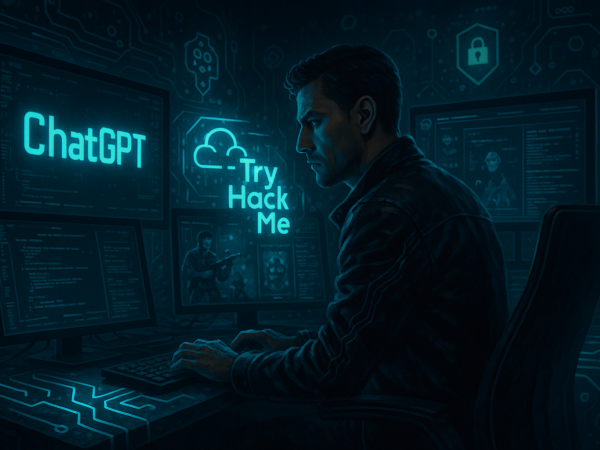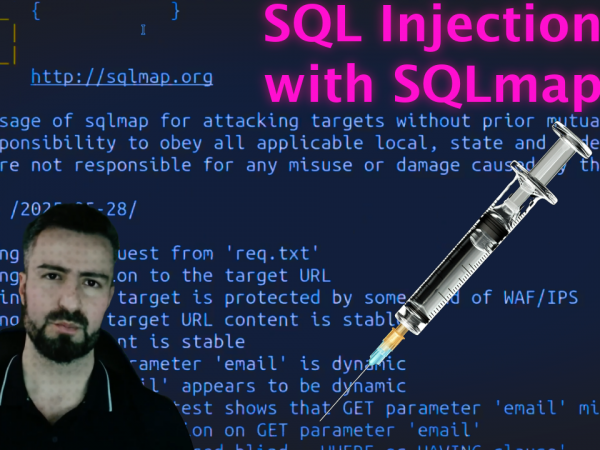In this article, I pull back the curtain on cybersecurity and strip away the polished image many outsiders imagine. It’s not all digital heroism and fast-paced hacks. Whether you’re part of the blue team defending networks or the red team probing for weak spots, the reality looks more like late night shifts, eyes blurred from logs, constant stress, and a sense that you’re always chasing shadows.
The job asks for patience and the kind of focus that makes your head hurt. It’s about combing through layers of code, interpreting patterns, and staying alert in ways most people never see. Not for those looking for thrills alone, this path’s more grind than glory.
For years, I pursued the cybersecurity dream, immersed in code, certifications, and the constant chase for the next big role. But somewhere along the way, I lost sight of why I started. The pressure to stay relevant, the burnout, the imposter syndrome, it all became too much.
So I stepped back. Not because I failed, but because I realized success isn’t just about titles or tech stacks. It’s about alignment, purpose, and peace.

Mental Toll is Real

Okay, I will open up about how deeply cybersecurity work can take a toll, not just mentally but physically too. Years spent bouncing between blue team defense and red team offense wore me down.
Burnout didn’t show up all at once. It crept in slowly, building over time until it became impossible to ignore. The stress, the nonstop pressure, and the demanding pace eventually pushed me to step back for good. Changing how I use my cybersecurity knowledge wasn’t an easy call, but it turned out to be necessary.
Choosing my health meant giving up a job I’d invested years into. Still, I moved forward, chasing a life with more balance and peace, even if it meant starting over.
I genuinely enjoyed the technical side of it all, but five years in, the stress just wore me down. No matter how much I tried to power through, it started bleeding into other parts of my life. The sleep got worse, workouts took a hit, and eventually, I had to ask himself if the high pay was worth feeling that wrecked every day.
In the end, I chose my health. Regular swimming, lifting weights, martial arts, those became my therapy. I walked away from a stressful job because, in my words, no paycheck is worth your peace of mind. My message for people thinking about getting into cybersecurity is pretty clear: it’s not just a career choice. It’s a lifestyle. You’ve got to ask yourself if you’re ready to carry that weight day in and day out.
Certifications Are Not Everything

Cybersecurity Certificates can help, sure, especially well-regarded ones like CompTIA Security+ or OSCP. They show you’ve got foundational knowledge or hands-on skills.
But according to the me, they aren’t everything. What really sticks out? The work you’ve done, the things you’ve built, and how you talk about it. Actual projects and experience tell a much louder story than a list of acronyms on a résumé. Plus, interviews matter. A lot. How you explain your process, your role in a project, the way you solve problems, all of that carries more weight than just collecting more paper. At some point, certificates start looking more like padding than proof.
Networking Over Certs

Building a professional network isn’t just helpful, it’s essential. While certifications can polish your résumé, real progress often comes through people. Platforms like LinkedIn and GitHub aren’t just digital portfolios; they’re modern meeting spots. They show what you’ve built and who you’re connected to. Employers scroll those pages as much as résumés now.
Going to industry conferences, joining online communities, or even jumping into comment sections can quietly open doors. These are places where quiet introductions turn into long-term opportunities. It’s not always about who’s the loudest or most impressive, just being present and consistent matters.
Making friends in your field, helping out when you can, and showing genuine interest creates something a certification can’t, a sense of trust. And when people trust you, they think of you when new jobs or projects pop up.
So while certifications prove you know something, your network is what gets you the call back.
Learning Resources Are Often Misleading

A lot of content out there on cybersecurity isn’t really meant to teach. It’s more about getting clicks or boosting someone’s name. That’s why it’s so important to stay sharp and not take everything at face value. Just because something’s popular doesn’t mean it’s solid. Some tutorials or courses might cover the basics or even sound convincing, but they can leave you with a false sense of confidence.
if you really care about learning, you’ve got to look beyond what’s trending. Double-check where the info comes from. Don’t just rely on the first YouTube video or blog post you find. Trust is earned, not assumed. Keep reading. Keep asking questions. Stay curious. This field changes fast, and the only way to keep up is to keep pushing yourself.
That’s how you actually get good, by never settling for surface-level knowledge.
Alternative Career Paths
Traditional jobs aren’t the only route anymore. You’ve got people carving out paths through freelancing, making content online, or even building something big like a cybersecurity academy.
But those options take more than just being good at what you do. They demand a steady hand and serious drive. No one’s standing over your shoulder keeping you on track.
You’ve gotta manage your time, keep learning, push through when things stall, and find your own rhythm, day in, day out. It’s like building your own boat and sailing it too. You learn fast whether you’re cut out for the sea.




